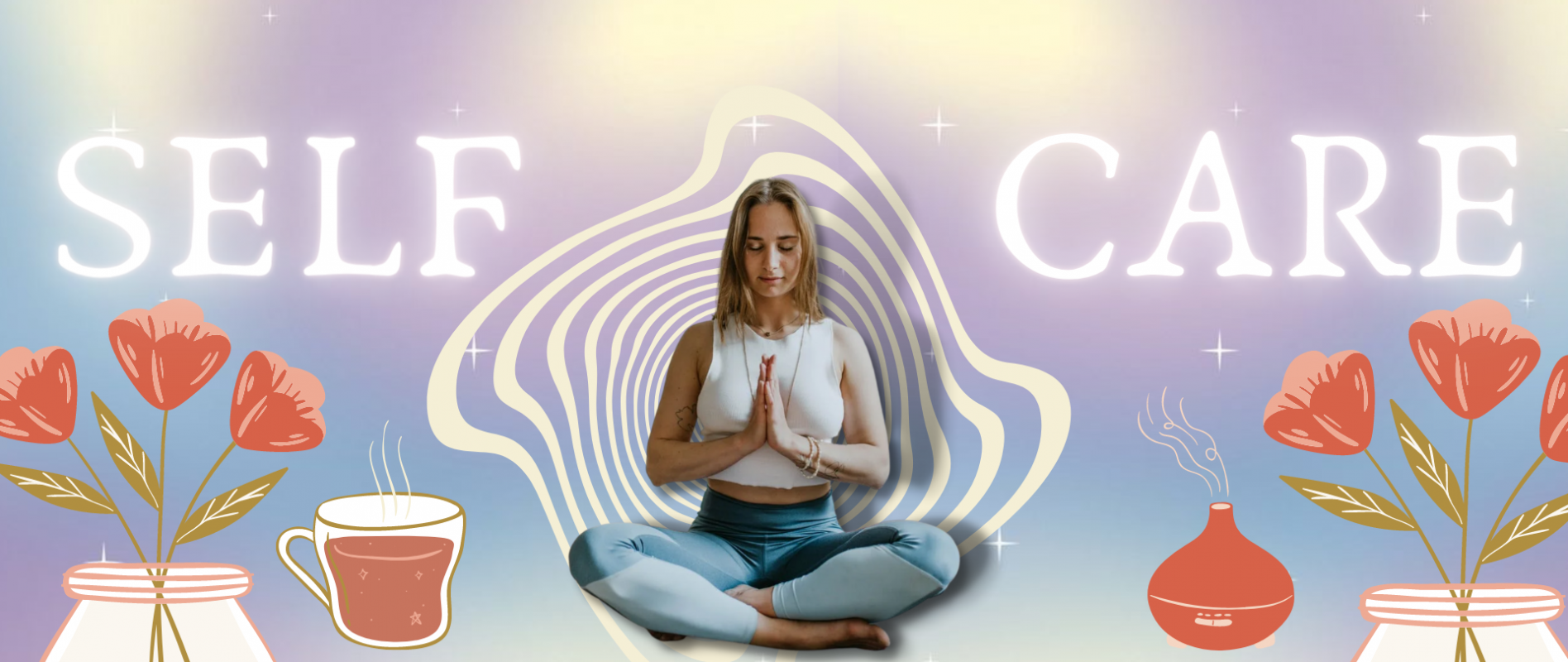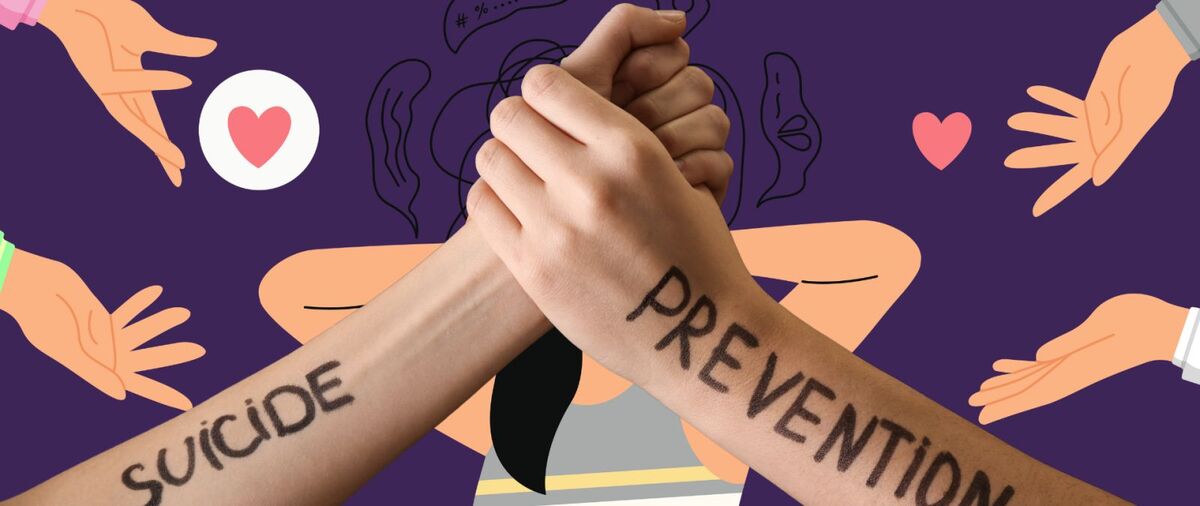SELF-CARE IS NOT SELFISH
Self-care is vital for optimal health. Self-care is not selfish; it can make you a happier, healthier person at home and at work.
To improve employee wellbeing, organizations and their leaders must foster a workplace culture of self-care and help more people access resources to make self-care a habit.
Self-care entails a variety of activities and lifestyle changes.It might be as simple as 5 minutes of daily journaling or a walk in the park. It can also mean changing small things to help you on the long-term.
Extensive research has indicated that self-care improves well-being while decreasing morbidity and death. As mental stress continues to rise in the Western world, self-care is becoming increasingly important in promoting mental health.
Self-care is vital for people with chronic illnesses. A good way to improve your health is to make long-term behavioral changes like controlling your nutrition and reducing your source of stress. Employee self-care can significantly cut healthcare costs and absences. While self-care has many advantages, many people still struggle to adopt it. Inequality, economic challenges, and health issues all impact self-care.
Some major aspects that affect people’s ability to self-care are:
- Choosing when to start new self-care habits
- Obstacles to keeping good habits
- Uncertainty about what to alter and when to seek advice
- Addiction to bad habits
- Low desire to change.
Self-care demystified; learning to believe that you are enough and to treat yourself that way.
Jessica Brubaker is a Licensed Professional Counselor and holds a Bachelor’s degree in Family and Consumer Sciences Education from The University of Arizona and a Master’s degree in Professional Counseling from Grand Canyon University.

Photo courtesy: Lifeworks














